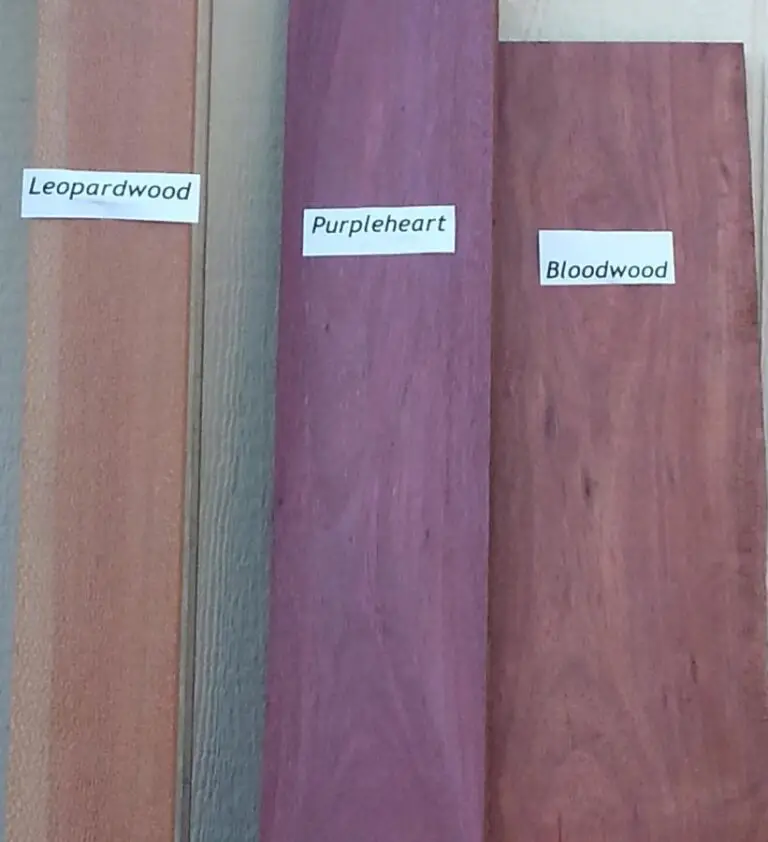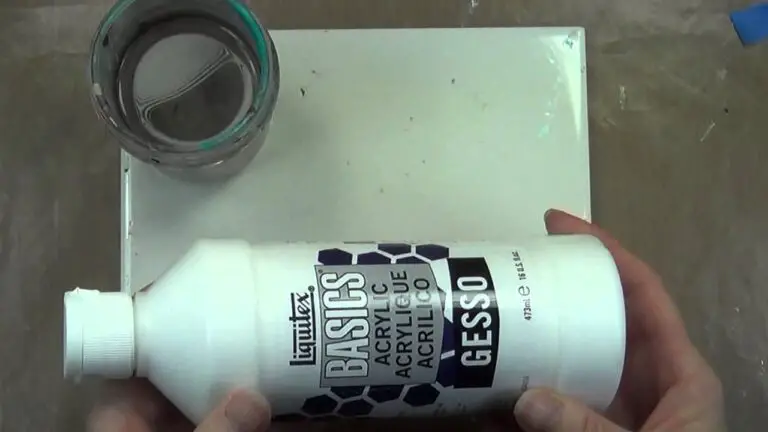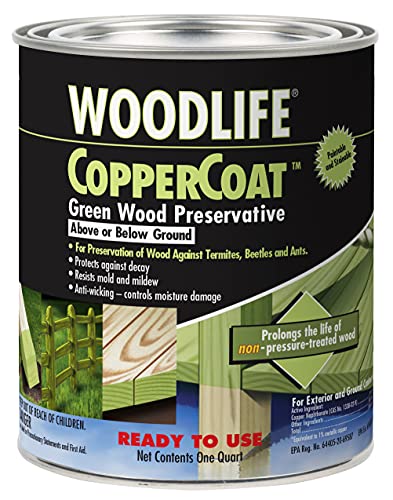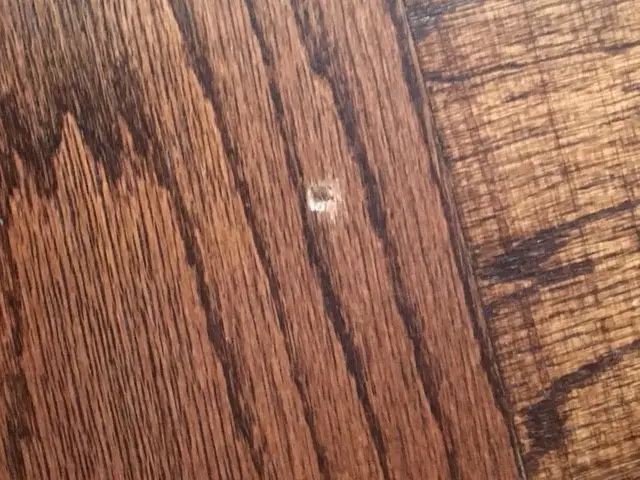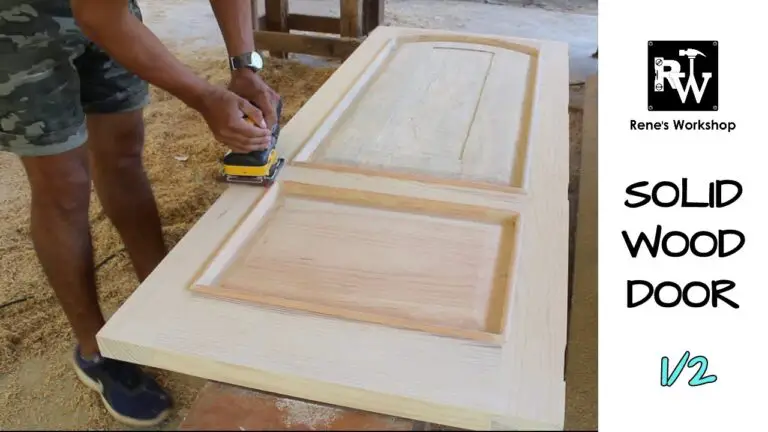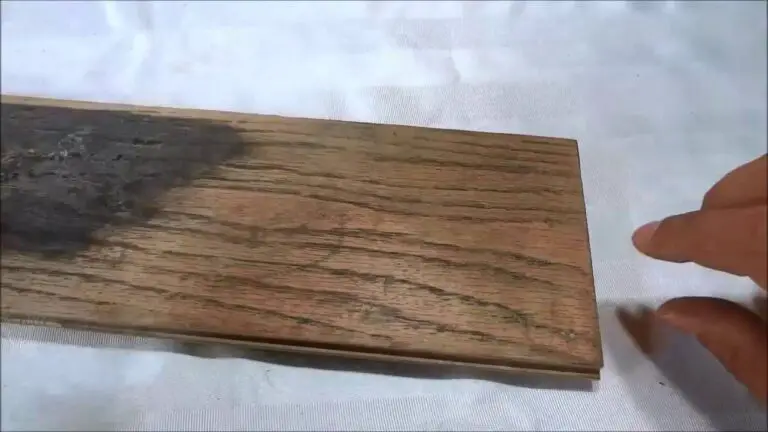Is Tacky Glue Good for Wood : The Ultimate Guide
When it comes to woodworking and DIY projects, choosing the right adhesive is crucial for ensuring the durability and quality of the final product. Tacky glue is a popular choice for many crafters and DIY enthusiasts, but is it a suitable option for bonding wood? In this article, we’ll explore the characteristics of tacky glue and its effectiveness for wood applications.
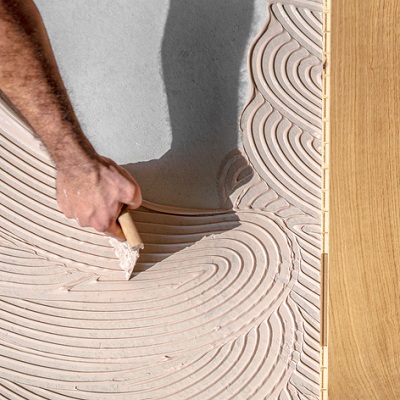
Credit: adhesives.specialchem.com
Understanding Tacky Glue
Tacky glue, also known as craft glue or PVA (polyvinyl acetate) glue, is a versatile adhesive that is commonly used in various craft and woodworking projects. It is known for its quick drying time and strong bond, making it a go-to choice for bonding porous materials such as paper, cardboard, fabric, and certain types of wood.
Advantages of Using Tacky Glue for Wood
While tacky glue is not typically the first choice for bonding large structural wood joints or heavy-duty outdoor applications, it does offer several advantages for certain woodworking tasks.
1. Versatility
Tacky glue can be used for a wide range of wood projects, including crafting, small repairs, and lightweight assemblies. Its ability to bond porous materials makes it suitable for attaching veneer, laminates, and other decorative elements to wood surfaces.
2. Ease Of Use
As a water-based adhesive, tacky glue is easy to apply, clean up, and does not emit strong fumes. This makes it a convenient option for indoor woodworking projects where ventilation may be limited.
3. Non-toxic Nature
Tacky glue is generally considered safe and non-toxic, making it suitable for projects involving children or pets. It is also free from harsh chemicals, which can be beneficial for individuals with sensitivities to strong odors or volatile compounds.
Limitations of Tacky Glue for Wood
While tacky glue has its advantages, it’s important to be aware of its limitations when it comes to woodworking, especially for load-bearing or outdoor applications.
1. Strength And Durability
Although tacky glue provides a strong bond, it may not be the most suitable option for heavy-duty woodworking joints or structures that are subjected to significant stress. For load-bearing applications, woodworkers often turn to other adhesives such as wood glue, epoxy, or polyurethane glue, which offer greater strength and durability.
2. Moisture Resistance
Tacky glue is not designed to withstand prolonged exposure to water or outdoor weather conditions. For outdoor woodworking projects, or those in environments with high humidity, using a waterproof wood glue or epoxy would be a more reliable choice to prevent bond failure due to moisture.
Best Practices for Using Tacky Glue on Wood
When using tacky glue for wood applications, there are certain best practices that can help optimize its performance and ensure a successful bond:
- Ensure that the wood surfaces are clean, dry, and free from any contaminants such as dust or oils.
- Apply the tacky glue evenly onto the wood surfaces, using a brush or a small roller for larger areas.
- Clamp the bonded surfaces together firmly, and allow sufficient drying time as per the manufacturer’s recommendations.
- Avoid subjecting the glued joint to stress or load until the adhesive has fully cured.
Frequently Asked Questions On Is Tacky Glue Good For Wood : The Ultimate Guide
Is Tacky Glue Good For Wood?
Tacky Glue can be an excellent adhesive for wood crafts and small woodworking projects. It provides a strong bond and dries clear, making it a popular choice for woodworking enthusiasts.
Can Tacky Glue Be Used On Outdoor Wood Projects?
No, Tacky Glue is not waterproof and is not recommended for outdoor wood projects. It is best suited for indoor wood projects and crafts.
Does Tacky Glue Work Well On Hardwoods Like Oak Or Maple?
Yes, Tacky Glue can effectively bond hardwoods like oak or maple. It provides a strong and durable bond when used on these types of wood.
Can Tacky Glue Be Stained Or Painted Over After It Dries?
Yes, Tacky Glue can be easily stained or painted over once it has dried. It won’t interfere with the finish of your wood project.
Conclusion
In conclusion, tacky glue can be a good choice for certain woodworking projects where a strong yet versatile bond is needed. Its ease of use, non-toxic nature, and versatility make it suitable for various crafting and small-scale wood applications. However, for structural or outdoor woodworking projects, it’s important to consider the specific adhesive requirements and opt for a more suitable wood glue that offers enhanced strength and weather resistance.
Ultimately, understanding the characteristics and limitations of tacky glue will help woodworkers make informed decisions when selecting the right adhesive for their projects.

